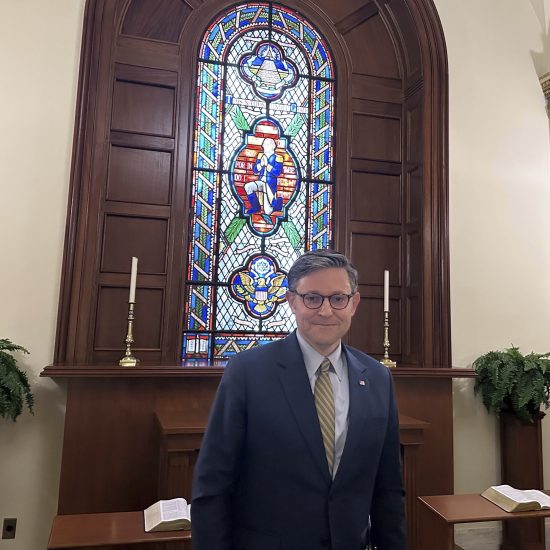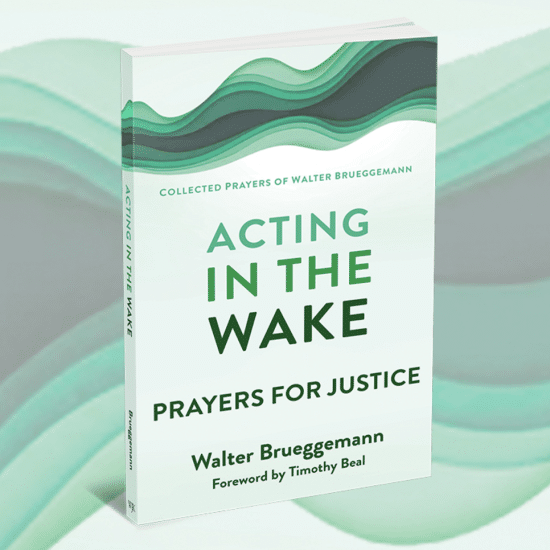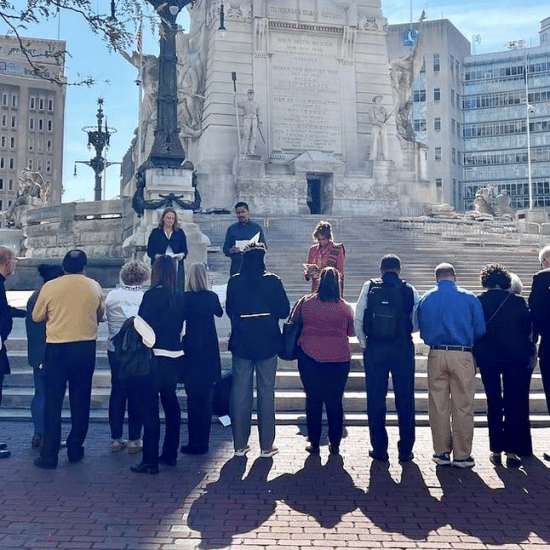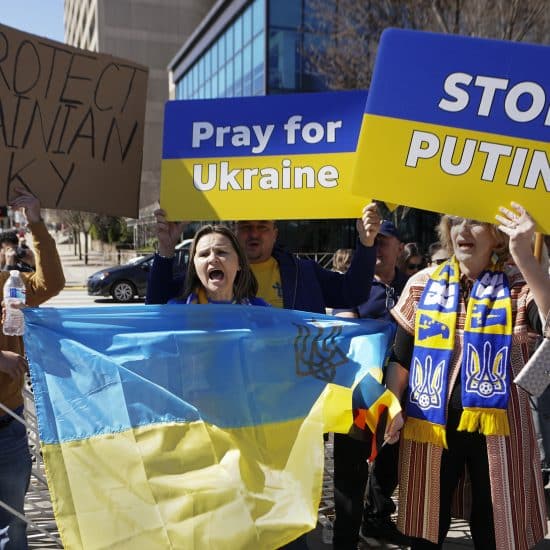WASHINGTON — Conservative organizers of National Day of Prayer-related events expressed disappointment that President Obama chose not to mark the day May 7 in the same elaborate fashion as his predecessor.
But some groups that support strong church-state separation applauded Obama for pulling back from the emphasis that President Bush placed on the event, which in recent years has come under fire for being dominated by conservative evangelicals. And at least one conservative Jewish leader also defended Obama’s decision.
Many Religious Right leaders have roundly criticized Obama for choosing not to observe the day with any sort of White House ceremony. “We are disappointed at the lack of emphasis on prayer on this National Day of Prayer,” said James Dobson in a Capitol Hill press conference with members of Congress to mark the event May 7.
The Focus on the Family founder’s wife, Shirley, has long been the chairperson of the privately funded National Day of Prayer Task Force, which coordinates the Capitol Hill observance of the event as well as similar ceremonies around the country. Earlier, she issued her own statement expressing dismay that Obama did not plan anything resembling the prominent prayer-day observance that Bush held in the East Room of the White House each of his eight years in office.
Rep. Randy Forbes (R-Va.), who led the press conference following a lengthy prayer service in a House office building, said organizers were disappointed that the White House didn’t even send an official representative of the executive branch to the Capitol Hill ceremony
“I think the president missed a wonderful opportunity," he said.
Obama did, shortly after the Capitol Hill ceremony ended, issue the traditional proclamation marking the day.
“Let us remember those who came before us, and let us each give thanks for the courage and compassion shown by so many in this country and around the world,” he said.
“Let us also use this day to come together in a moment of peace and goodwill. Our world grows smaller by the day, and our varied beliefs can bring us together to feed the hungry and comfort the afflicted; to make peace where there is strife; and to lift up those who have fallen on hard times. As we observe this day of prayer, we remember the one law that binds all great religions together: the Golden Rule, and its call to love one another; to understand one another; and to treat with dignity and respect those with whom we share a brief moment on this Earth.”
Presidents since Harry Truman have declared a similar day calling on Americans of faith to humble themselves, give thanks and pray for the good of the nation and the world. President Reagan standardized the observance to the first Thursday in May.
However, in the two decades since then, the event has become closely associated with Dobson’s task force. Critics have decried the group, which limits its leadership and the speakers at many of its events to conservative evangelical Christians, for its exclusivity.
In recent years, some critics have staged rival events that are more ecumenical in nature.
Online applicants to become coordinators for the task force must affirm an evangelical Christian statement of faith that upholds biblical inerrancy. They must also list the name of their local church and describe their involvement in it.

President Obama, with faith advisor Joshua DuBois in the background, signs his official proclamation declaring the 2009 National Day of Prayer. (PHOTO/White House)
|
Earlier this year, two religious-liberty groups asked Obama to shun the task force’s celebration and declare a more “inclusive” National Day of Prayer.
As president Obama has shown unprecedented sensitivity to adherents of minority faiths as well as non-believers. He acknowledged atheists in his inaugural address Jan. 20, and during an April 6 appearance in Turkey said that "one of the great strengths of the United States" is that, although “we have a very large Christian population, we do not consider ourselves a Christian nation or a Jewish nation or a Muslim nation. We consider ourselves a nation of citizens who are bound by ideals and a set of values."
While many conservative Christians lambasted Obama for his statement — and did so again at the May 7 press conference — other religious leaders and groups applauded him for it, as well as his decision not to observe the National Day of Prayer in the fashion of Bush.
Americans United for Separation of Church and State issued a statement thanking Obama for not re-creating Bush-style observances. Nathan Diament of the Union of Orthodox Jewish Congregations — usually an ally of Religious Right leaders — said in a May 5 blog entry that their criticism of Obama’s decision “is inappropriate — and, moreover, not in keeping with the purpose of the observance which is to unify Americans through a national moment of reflection and aspiration to higher purposes.
Joshua DuBois, the director of Obama’s White House Council on Faith-Based and Neighborhood Partnerships, did not immediately respond May 7 to a reporter’s inquiry about Obama’s reasoning in not continuing the ceremony.
But White House Press Secretary Robert Gibbs was asked about the subject in his regular May 6 press briefing. “Prayer is something that the president does every day,” he said.
One Baptist leader said that he thought the entire enterprise was “misguided.”
Brent Walker, executive director of the Baptist Joint Committee for Religious Liberty, said in a May 5 post on the Washington Post/Newsweek “On Faith” blog, that it isn't "government's job to tell the American people what, where or when to pray.
“Although most presidents have issued prayer proclamations, two of the most ardent supporters of religious freedom, Thomas Jefferson — author of the Virginia Bill Establishing Religious Freedom — and James Madison — father of the Constitution — opposed them.”
Walker concluded: “Exhorting our country to repentance and prayer is altogether proper. Who would argue we don't need it? But it's more appropriately called for by the preachers, priests and prophets among us — not civil magistrates, the Congress or even an American president.”
Robert Marus is managing editor and Washington Bureau Chief for Associated Baptist Press.






